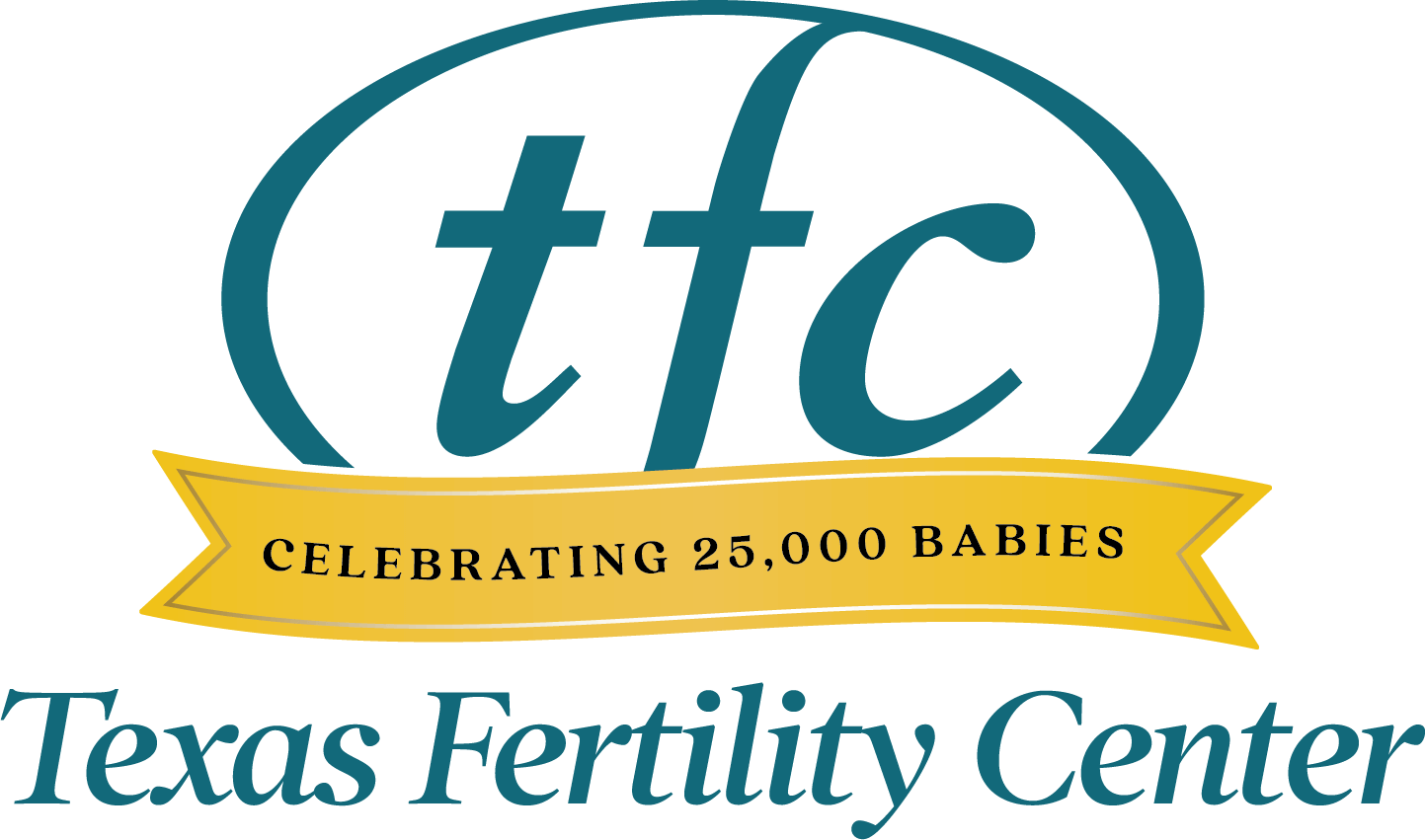
Advanced maternal age pregnancy gets special attention
Women in their mid-30s might look and feel younger than their age, but a woman giving birth at 35 or older has reached a stage of advanced maternal age pregnancy (AMA). Dr. Susan Hudson takes a proactive and personal approach to support patients in pregnancy after 35 at Texas Fertility Center in New Braunfels.
While women in their mid-30s might be in the prime of life, from a reproductive standpoint, conceiving can be challenging.
Time is a precious resource
It is not unusual for those considering pregnancy after 35 to experience diminished ovarian reserve, meaning egg quantity and quality are decreasing.
Women are born with all the eggs they will ever have. With age, those numbers decline. Not only are there fewer eggs available, but those that remain run an increased risk of chromosomal abnormalities, resulting in miscarriage or genetic disorders. This does not mean you cannot get pregnant, as the rate of decline is individual, but conceiving gets more difficult with age.
With that biological reality, Central Texas women facing advanced maternal age pregnancy can seek care from Texas Fertility Center in New Braunfels sooner rather than later. Dr. Susan Hudson personalizes her care for each patient. She can provide prompt diagnostic testing as an important first step to learn about your fertility.
- Female anatomical assessment. Exams look for pathways of open fallopian tubes; a normally shaped uterus; and the health of the cervix and uterus, including the uterine lining.
- Sperm viability. Measurements consider sperm count, normal shape and healthy movement.
- Assessing a woman’s egg count. Levels of specific hormones in the blood, along with imaging studies, can give important information about egg count.
Fertility treatment to achieve pregnancy after 35
Texas Fertility Center in New Braunfels advises each patient individually, and Dr. Hudson thoroughly understands each patient. For women considering an advanced maternal age pregnancy, she knows time is valuable when considering fertility treatment.
Fertility options include the use of oral medication to encourage ovulation, or taking fertility medication in conjunction with intrauterine insemination (IUI) as a first line of fertility treatment. However, with time being ever important, the most direct and effective route to pregnancy after 35 is in vitro fertilization (IVF).
In addition to increased success rates, IVF has other benefits.
- The ability to screen embryos for chromosomal abnormalities. A normal embryo will have 46 chromosomes – 23 from the egg and 23 from the sperm. Aneuploidy is the presence of an abnormal number of chromosomes in a cell. Preimplantation genetic testing for aneuploidy, PGT-A, identifies chromosomally normal embryo(s), increasing the odds of a healthy birth. Other types of genetic testing are also available to screen embryos for specific genetic disorders that run in families.
- Third-party reproductive options. The use of donor eggs can provide extra help for women who need it, and they can still carry a pregnancy and experience childbirth.
Considering advanced maternal age pregnancy? We can help
Pregnancy after 35 offers benefits in having more stability and life experience, but an advanced maternal age pregnancy can be challenging. Texas Fertility Center in New Braunfels prioritizes personalized care to overcome challenges. Contact us to learn how we can help.



